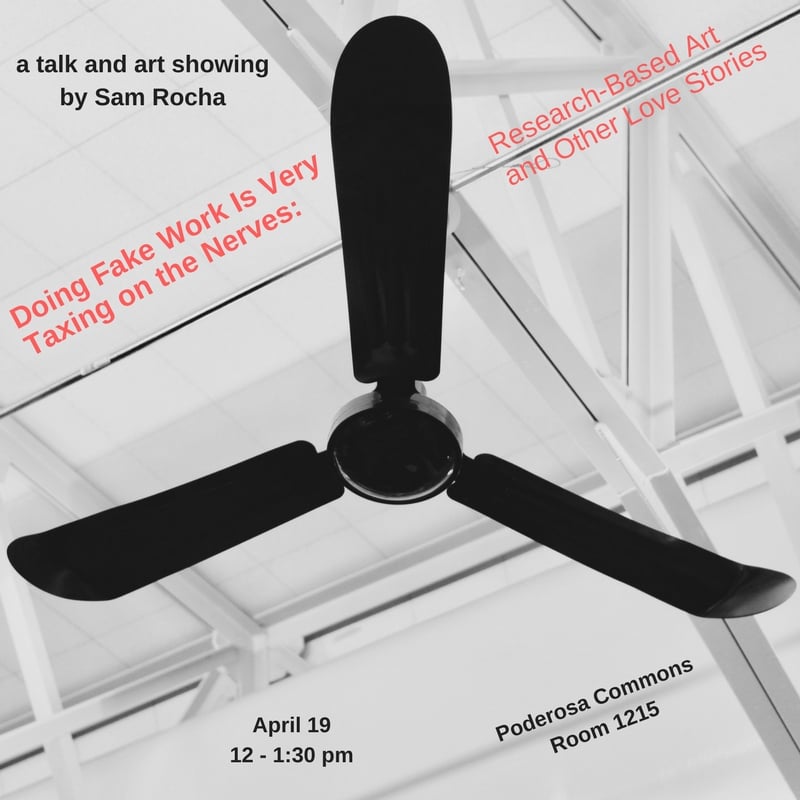I played rugby at Franciscan University of Steubenville for four years. At the time, we were competing in the division II Allegheny conference. We played Pittsburgh, West Virginia, and even faced Penn State and Ohio State in tourneys or friendly matches. Since then FUS moved to division III, where it’s become the premiere small college rugby football club in the nation.
We weren’t well-trained in the art of rugby, most of us had never played until college, but we were very well conditioned and we had a major chip on our shoulder: a religious chip of sorts. We were the “holy-roller” school, a bunch of pious squares from a goofy, ultra-conservative Catholic college. In the rough and vulgar world of rugby culture, we got zero respect. We were expected to be soft.
We played as hard as any team I’ve seen play, winning or losing. It wasn’t pretty, but it was effective most of the time. We shocked Marshall University in the “final four” regional qualifying tourney in 2002. Today when Franciscan shows up to play rugby, I don’t think anyone takes them lightly, but I’m sure the religious tension and motivation is still there.
Enough nostalgia.
I mention this to show my personal understanding of the way ecclesial religion can affect the religion of sport. If you attend a professional, college — or, depending on what state, High School — American football game, you will find it immensely liturgical and thoroughly religious. During my doctoral studies at Ohio State, I saw the ritual and pageantry of sport play out time and time again at the Horseshoe: a giant cathedral, smoke and processions, vestments and colors, readings and antiphons, music, and more.
When this religion — the religion of American football — meets the much older, ecclesial religion of Catholicism or, let’s say, the younger one of Mormonism, things really begin to get interesting.
 BYU is traveling to South Bend, Indiana to play the undefeated, number 5 ranked, Fighting Irish of Notre Dame tomorrow. Mormons march to do battle with Catholics. This may not be as exciting on paper as some other match-ups the Irish face (like Oklahoma or USC), but the religious dimension makes it perhaps just as exciting, if not more so. When Church is at stake in the already religious rituals of sport, things tend to become much more, well, religious. Hyper-religious.
BYU is traveling to South Bend, Indiana to play the undefeated, number 5 ranked, Fighting Irish of Notre Dame tomorrow. Mormons march to do battle with Catholics. This may not be as exciting on paper as some other match-ups the Irish face (like Oklahoma or USC), but the religious dimension makes it perhaps just as exciting, if not more so. When Church is at stake in the already religious rituals of sport, things tend to become much more, well, religious. Hyper-religious.
I am sincerely worried about BYU, for religious religious reasons. (No, that’s not a typo.) These match-ups, like rivalry games, can get crazy and tend to be entirely unpredictable.
In case you haven’t heard about it, there’s an election looming, and the religion of religion is in the air there, too. Nowadays there is lots of speculation about whether religion should play a role in politics and public life. The better question is whether it already does or not. This answer is a resounding YES. The same is true for sport. When a school has a distinct religious identity — and no, I am not going to dissect the fidelity of ND to the Church; we all know that, whether we like it or not, Notre Dame is the premiere, flagship American Catholic university right now — as I was saying, when a school has a uniquely religious identity and heritage, the implicit religious character of sport becomes explicit. The religious volume is amplified twofold.
I’m not suggesting that Brian Kelly will be contemplating theology on the sidelines. But I’d wager two golden tablets that the religious dimension won’t be lost on anyone, on either sideline. I know that I’ll root for Notre Dame with even more urgency. This is serious. It’s not only the religion of football, it’s a religious version of that religion.
Final note: just like football, politics and election cycles are religious too. They have a rhythm and flow to them; the ceremonies and homilies and the rest all bespeak liturgy, ritual, and more. As I said, the standard question of religion in politics misses the downright religious nature of politics. To presuppose that religion is absent to begin with is a secular-religious pipe dream. Carl Schmitt’s “Political Theology” describes this in detail.
The political question would benefit from paying attention to tomorrow’s football game. Does it make sense to make the religion of politics even more religious than it already is? Does a match-up between Catholics and Mormons — or an alliance between them — add or detract something from the religion of politics?
These are the interesting questions, I think. Tomorrow’s game, at 3:30 ET on NBC, should be a classic case study. A study in mixing religion with religion.

(I suppose it’s obvious who I’m rooting for.)










